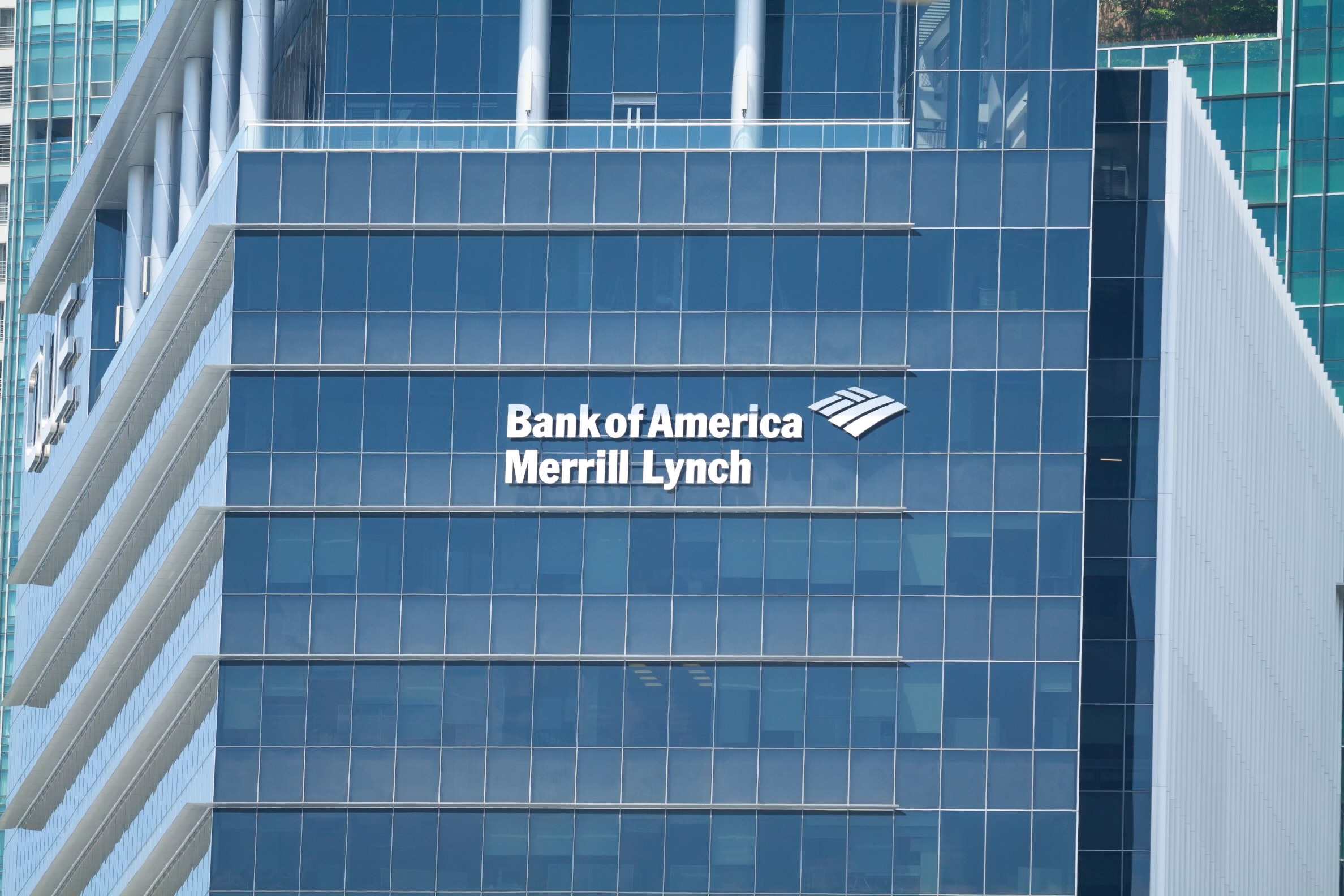BofA Securities Skirts Prosecution in DOJ Spoofing Probe, Pledges Nearly $6 Million in Restitution
Key Takeaways
- DOJ Resolution: BofA Securities avoided prosecution in a spoofing investigation under the Justice Department’s revised Corporate Enforcement and Voluntary Self-Disclosure Policy.
- Trader Misconduct: Two former traders placed more than 1,000 spoof orders between 2014 and 2020; one pleaded guilty in 2022.
- Restitution: The bank will disgorge $1.96 million in profits and set up a $3.6 million victim compensation fund.
- Compliance Overhaul: BoAS revamped its surveillance and compliance systems, ran a root-cause analysis, and brought in outside testers.
- DOJ Incentives: The case illustrates how companies that self-disclose and remediate can avoid criminal charges.
Deep Dive
The Justice Department is closing the book on a years-long probe into market manipulation at BofA Securities (BoAS), and the bank is walking away without criminal charges. Instead, BoAS will pay nearly $6 million in disgorgement and victim compensation after voluntarily coming forward about misconduct on its U.S. Treasuries desk.
At the center of the case were two traders who, between 2014 and 2020, schemed to manipulate both the secondary Treasury market and related futures. Their tool of choice was spoofing, flooding the market with orders they never intended to execute, nudging prices in their favor. Collectively, the duo placed more than a thousand suspect trades before regulators caught on. One of them, Tyler Forbes, pleaded guilty back in 2022.
Ordinarily, a scandal of this scope might have put a bank in prosecutors’ crosshairs. But this outcome played out under the Justice Department’s newly revised Corporate Enforcement and Voluntary Self-Disclosure Policy, which now encourages companies to step up, confess, and fix their mess.
BoAS did just that. According to the DOJ, the bank promptly disclosed the misconduct once it came to light, provided investigators with everything it knew, and launched a housecleaning effort that went beyond disciplining individuals. BoAS fired the junior trader, reviewed all activity on its Treasuries desk, overhauled compliance controls, ran a root-cause analysis, and poured money into surveillance systems designed to prevent future abuses. The firm even brought in outsiders to test its internal controls.
Those steps, along with the absence of “aggravating circumstances” like senior executive involvement, convinced prosecutors to decline prosecution. In return, BoAS will disgorge $1.96 million in profits and fund a $3.6 million victim compensation pool.
The resolution is more than just another bank dodging a bullet. It’s a test case for how the DOJ’s updated self-disclosure policy works in practice: companies that come clean early and invest heavily in fixing the problem may find leniency, while those that stonewall can expect the opposite.
For BoAS, the deal ends the chapter with less damage than it might have faced. For other Wall Street firms, it’s a reminder that in the eyes of prosecutors, coming forward isn’t just good optics, it can be the difference between paying a fine and fighting for survival in court.
The GRC Report is your premier destination for the latest in governance, risk, and compliance news. As your reliable source for comprehensive coverage, we ensure you stay informed and ready to navigate the dynamic landscape of GRC. Beyond being a news source, the GRC Report represents a thriving community of professionals who, like you, are dedicated to GRC excellence. Explore our insightful articles and breaking news, and actively participate in the conversation to enhance your GRC journey.
Sponsored by






.svg)

.svg)